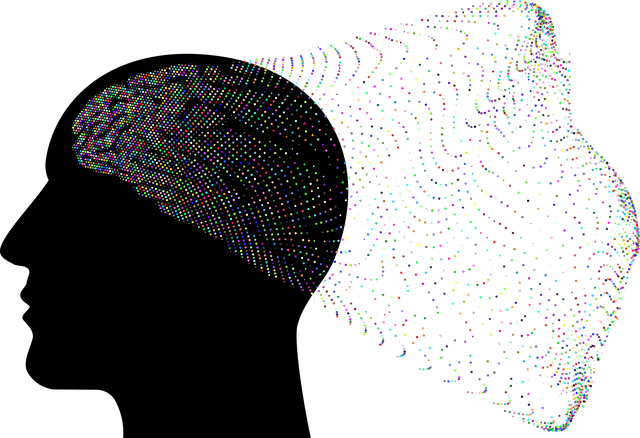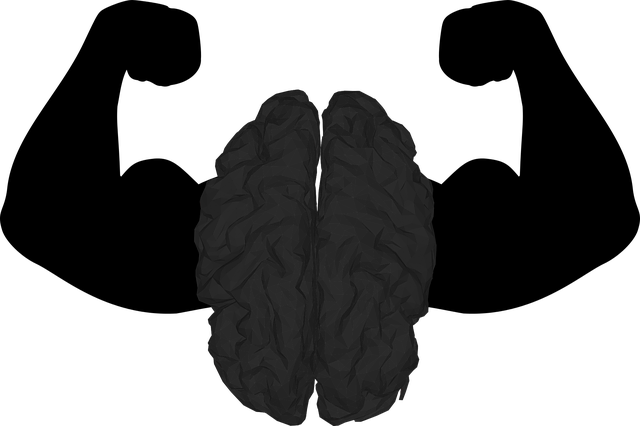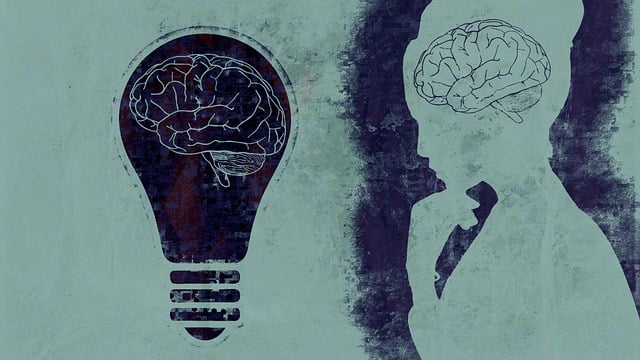Trauma, a significant psychological response to distressing events, can lead to various mental health conditions. Organizations like Centennial Obsessive Compulsive Disorder Therapy (CENTODT) play a vital role by providing specialized support. CENTODT offers evidence-based approaches, including cognitive-behavioral therapy (CBT), exposure therapy, and mindfulness practices, to help individuals process traumatic experiences. They also promote early intervention, education, and empathy through workshops, podcasts, and coaching programs. Trauma-informed care creates safe spaces, reduces stigma, and validates emotions, empowering clients to heal, improve emotional well-being, and lead fulfilling lives.
“In addressing the profound effects of trauma, efficient support services play a pivotal role in an individual’s healing journey. This article delves into understanding the complex nature of trauma and its impact on mental health, highlighting the critical role of professional support services. We explore effective strategies for trauma therapy, including a specialized approach to Centennial Obsessive Compulsive Disorder (OCD) treatment. By examining these aspects, we aim to illuminate the importance of tailored interventions for optimal recovery.”
- Understanding Trauma and Its Impact
- The Role of Professional Support Services
- Strategies for Effective Trauma Therapy
- Centennial Obsessive Compulsive Disorder (OCD) Therapy: A Specialized Approach
Understanding Trauma and Its Impact

Trauma is a complex psychological response to distressing events or experiences that overwhelm an individual’s ability to cope. It can manifest in various forms, such as post-traumatic stress disorder (PTSD), anxiety, and depression. Understanding trauma involves recognizing its wide-ranging impact on mental health, affecting not just the mind but also physical well-being. The effects of trauma can persist for years, leading many to seek support from dedicated services like Centennial Obsessive Compulsive Disorder Therapy.
In addressing trauma, it’s crucial to recognize that each individual’s experience is unique. Effective support involves providing safe spaces where people feel understood and empowered. Organizations like the Stress Management Workshops Organization and Mental Health Education Programs Design play a vital role in educating communities about trauma’s signs and symptoms, fostering empathy, and promoting early intervention. By incorporating Mind Over Matter principles, these programs help individuals develop resilience and coping mechanisms to manage their trauma and lead fulfilling lives.
The Role of Professional Support Services

Professional support services play a pivotal role in trauma recovery and healing. For individuals struggling with traumatic experiences, accessing specialized care is essential for managing symptoms and improving overall well-being. Centennial Obsessive Compulsive Disorder (OCD) Therapy, for instance, offers evidence-based approaches to address the unique challenges faced by those affected by trauma, providing a safe space for clients to process their experiences and develop coping strategies.
Beyond individual therapy, Public Awareness Campaigns Development and Mental Wellness Podcast Series Production can serve as powerful tools to destigmatize trauma and mental health issues. Similarly, Mental Wellness Coaching Programs Development can empower individuals to take charge of their recovery journey by offering guidance, support, and practical tools for maintaining mental wellness in the long term.
Strategies for Effective Trauma Therapy

Trauma therapy involves a range of strategies to help individuals process and overcome their traumatic experiences. One effective approach is Centennial Obsessive Compulsive Disorder (OCD) Therapy, which utilizes cognitive-behavioral techniques to challenge negative thought patterns and behaviors related to trauma. This type of therapy encourages clients to face and reframe distressing memories, replacing them with healthier coping mechanisms. By combining exposure therapy with mindfulness practices, therapists help individuals develop coping skills to manage their symptoms and improve emotional well-being.
Moreover, trauma-informed care emphasizes creating a safe and supportive environment to reduce the Mental Illness Stigma Reduction Efforts. Therapists are trained to listen actively, validate emotions, and foster trust, allowing clients to feel understood and empowered. Through these strategies, individuals can begin to heal and rebuild their lives after traumatic events, promoting lasting positive changes in their emotional health and overall resilience.
Centennial Obsessive Compulsive Disorder (OCD) Therapy: A Specialized Approach

Centennial Obsessive Compulsive Disorder (OCD) Therapy offers a specialized approach to addressing a complex mental health challenge. OCD is characterized by intrusive thoughts and repetitive behaviors, creating a cycle that can significantly impact daily life. This therapy focuses on empowering individuals to manage their symptoms effectively through tailored strategies. By combining evidence-based techniques, such as cognitive-behavioral therapy (CBT), exposure and response prevention (ERP), and mindfulness meditation, therapists help clients gain insights into their disorder and develop coping mechanisms.
The specialized nature of Centennial OCD Therapy goes beyond traditional support by incorporating Self-Awareness Exercises and Stress Management Workshops, offered by organizations dedicated to holistic well-being. These additional tools enable individuals to take charge of their mental health, fostering resilience in the face of OCD’s challenges. Through a combination of professional guidance and self-care practices, those affected by OCD can strive for a balanced and fulfilling life.
In conclusion, trauma support services play a pivotal role in helping individuals navigate and overcome the profound effects of traumatic experiences. From understanding trauma’s impact to employing specialized approaches like Centennial Obsessive Compulsive Disorder (OCD) therapy, professional support is essential for effective healing. By integrating diverse strategies, these services foster resilience and restoration, ensuring those affected by trauma can rebuild their lives with hope and dignity.














